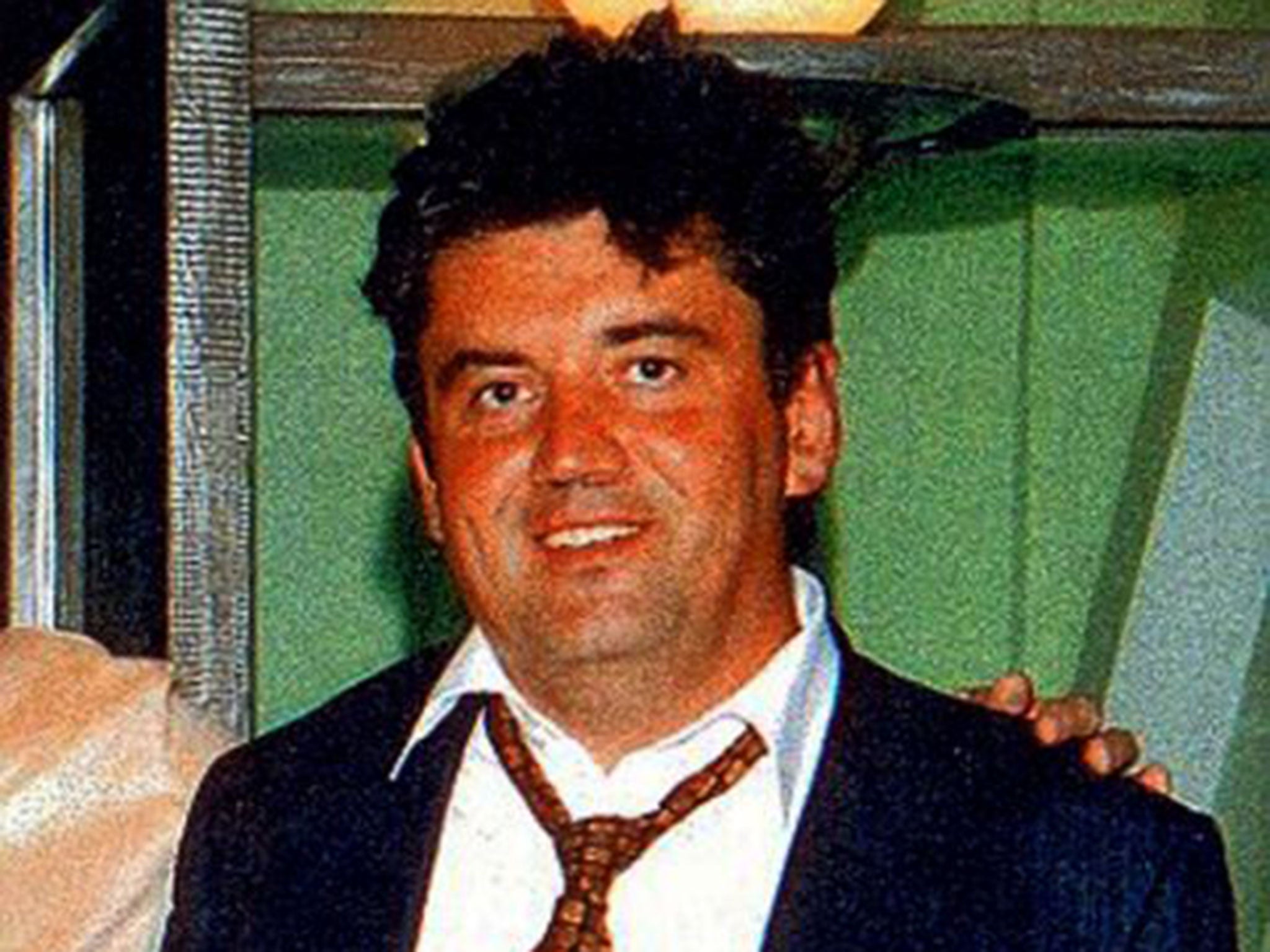Alexander Perepilichnyy: Russian businessman found dead in Surrey 'was on hitlist of assassin'
The 44-year-old was about to disclose £146m tax fraud, hearing told

A millionaire Russian businessman found dead outside his Surrey home was on a hitlist discovered during a search of the home of a man described as a “specialist in assassinations”, a hearing has heard.
Alexander Perepilichnyy collapsed and died in November 2012 shortly before he was due to give “explosive” evidence as a whistleblower into an alleged $230m (£146m) fraud implicating Russian tax officials in a conspiracy with organised criminals.
The 44-year-old had been jogging alone when he was discovered outside his home on a gated estate in Weybridge, Surrey. Police had initially ruled out foul play, but a plant expert indicated three months ago that he could have been poisoned using a lethal toxin previously used by Russian and Chinese contract killers.
A pre-inquest hearing heard that the presence of a signature chemical in Mr Perepilichnyy’s stomach was “just as likely” to have an innocent explanation as to be associated with the toxic shrub, Gelsemium elegans, known as “heartbreak grass”.
A definitive answer is not expected until September after a sample of the shrub is obtained from India for testing by Professor Monique Simmonds, the expert based at the Royal Botanic Gardens in Kew, Surrey Coroner’s Court was told.
Mr Perepilichnyy was said to be in fear of his life from Russian mafia groups and rivals after providing details about Russian officials’ fraudulent use of tax payments made by Hermitage Capital, a hedge fund run by British-based financier Bill Browder, a critic of Vladimir Putin.
Mr Perepilichnyy’s evidence that the proceeds of a fraud were put into Swiss bank accounts and Dubai real estate led to the Swiss authorities freezing millions of dollars of one of the alleged fraudsters, said Henrietta Hill QC, counsel for Hermitage.
The businessman came to Britain in 2010 and told Hermitage about a range of death threats made against him, countering police assertions that there was no intelligence suggesting that he was at risk or had links to organised Russian crime networks, the hearing was told. He took out multiple life insurance policies that came into force eight days before his death.
Ms Hill told the hearing that Mr Perepilichnyy’s name was found on a hitlist complete with a dossier of “detailed and accurate” movements of him and his family in Britain.
It followed the search of the home of the alleged hitman Valid Lurakhmaev, described as a “specialist in assassination in any place in the world”. The 45-year-old Chechen is wanted by Interpol for attempted murder and large-scale theft.
Ms Hill also cited two possible meetings in Switzerland and Heathrow Airport with a man purporting to represent the Russian interior ministry but who could actually have been a member of an organised crime gang.
“Effectively he threatened him that if he didn’t withdraw the allegations... he himself would be prosecuted,” said Ms Hill. She added: “This is a man who on his own evidence was a marked man, who took the brave step to name people behind high level fraud.”
The court also heard that he had been hit by a series of lawsuits from the company founded by Dmitry Kovtun, one of the two men suspected of involvement in the radioactive poisoning of the former Russian agent Alexander Litvinenko.
Ms Hill, who successfully argued that Hermitage should get access to key documents for the inquest, said there were concerns for the safety of other Hermitage workers from reprisal killings and “for others who tried to uncover fraud and corruption within the Russian state”.
The inquest is due to start in September.
